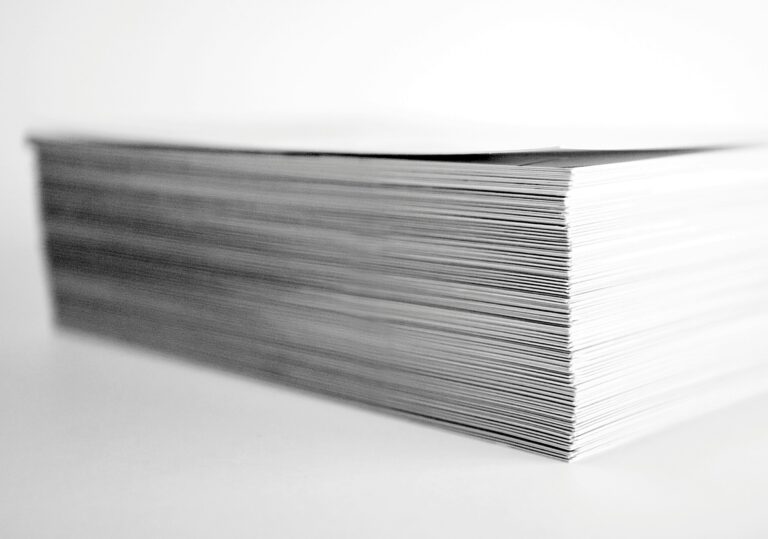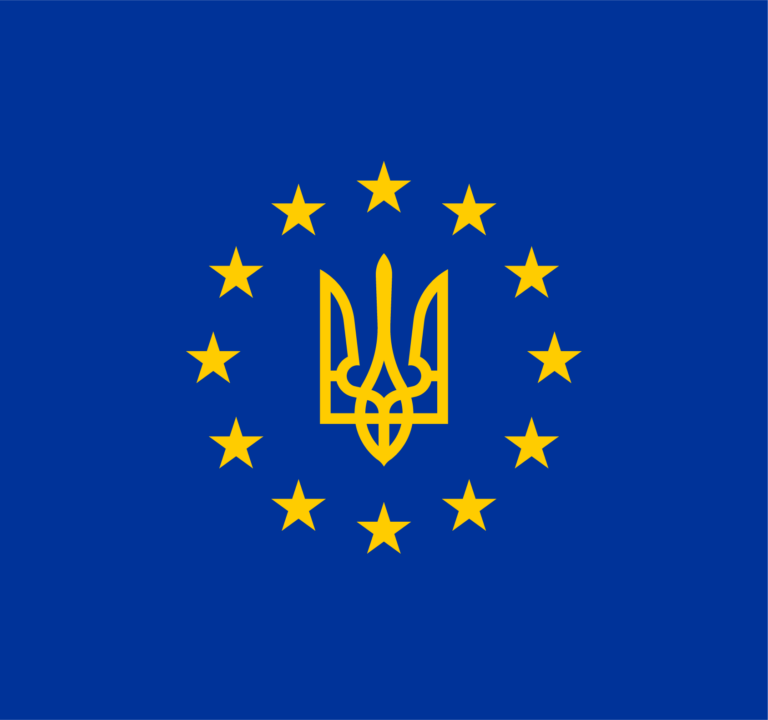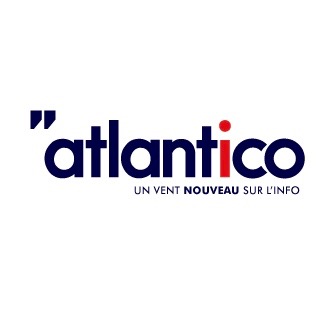Blois, 12 October 2018 – Cooperation, competition or war? Globalization in all its States
Elvire Fabry, senior research fellow at the Jacques Delors Institute, participates in a round table as part of the Rendez-vous de l'Histoire.
The resurgence of strategic tensions between states highlights the difficulty of maintaining a stable and rules-based international economic relations organization. Can one still avoid that trade and financial exchanges degenerate into confrontation?
In the 1990s, the attraction of the model combining liberal democracy and decentralized capitalism seemed so strong that it suggested an end to history, to use the title of Francis Fukuyama’s book. The recent period, on the other hand, is marked by the return of power logic, through which strategic rivalry between states seems to become the organizing principle, even disruptive, of international economic relations. Trump’s unilateralism is, of course, the most striking illustration, but the evolution is broader and is also reflected in the policies pursued by China or Russia, among others. In these circumstances, the multilateral system of Bretton Woods is cracking. Trade tensions may well degenerate into war, while the ever-increasing financial interdependence is fraught with very great potential instability, which raises questions about the sustainability of the current international monetary and financial system. How to interpret these evolutions? Is a trade war avoidable? Is the international role of the dollar threatened? Can we find a more stable and peaceful organization of international economic relations?
Elvire Fabry intervenes alongside Vincent Bignon, advisor to the director general of studies and international relations at the Banque de France, and Sébastien Jean, director of CEPII. The debate is moderated by Dominique Rousset, journalist and producer of “L’Économie en questions”, on France Culture.
Free entry. Tickets must be picked up at the chalet closest to the meeting place, 2 hours before the schedule indicated on the program.
The resurgence of strategic tensions between states highlights the difficulty of maintaining a stable and rules-based international economic relations organization. Can one still avoid that trade and financial exchanges degenerate into confrontation?
In the 1990s, the attraction of the model combining liberal democracy and decentralized capitalism seemed so strong that it suggested an end to history, to use the title of Francis Fukuyama’s book. The recent period, on the other hand, is marked by the return of power logic, through which strategic rivalry between states seems to become the organizing principle, even disruptive, of international economic relations. Trump’s unilateralism is, of course, the most striking illustration, but the evolution is broader and is also reflected in the policies pursued by China or Russia, among others. In these circumstances, the multilateral system of Bretton Woods is cracking. Trade tensions may well degenerate into war, while the ever-increasing financial interdependence is fraught with very great potential instability, which raises questions about the sustainability of the current international monetary and financial system. How to interpret these evolutions? Is a trade war avoidable? Is the international role of the dollar threatened? Can we find a more stable and peaceful organization of international economic relations?
Elvire Fabry intervenes alongside Vincent Bignon, advisor to the director general of studies and international relations at the Banque de France, and Sébastien Jean, director of CEPII. The debate is moderated by Dominique Rousset, journalist and producer of “L’Économie en questions”, on France Culture.
Free entry. Tickets must be picked up at the chalet closest to the meeting place, 2 hours before the schedule indicated on the program.
Château royal de Blois, salle des conférences
France
Blois
SUR LE MÊME THÈME
ON THE SAME THEME
PUBLICATIONS
War in Ukraine: a transformational impact on the European defence industry

White Paper: what prospects for a European armament policy?

Towards an EU–Ukraine alliance: A plan for an EU–Ukraine Joint Training Mission

MÉDIAS
MEDIAS
« Pologne, la puissance européenne de 2025 ? »

Nicole Gnesotto, historienne : « D’un pacifisme structurel, l’Europe doit passer à un réarmement solide »

L’OTAN demande aux entreprises européennes de se préparer à un “scénario de guerre” : concrètement, de quoi la France est-elle capable ?

















